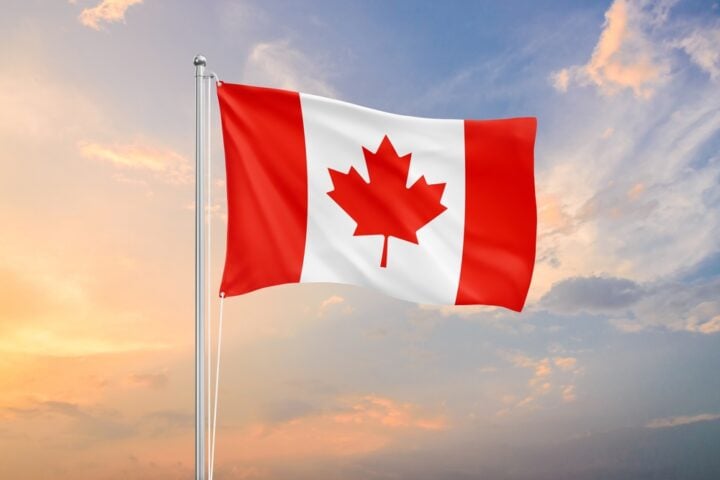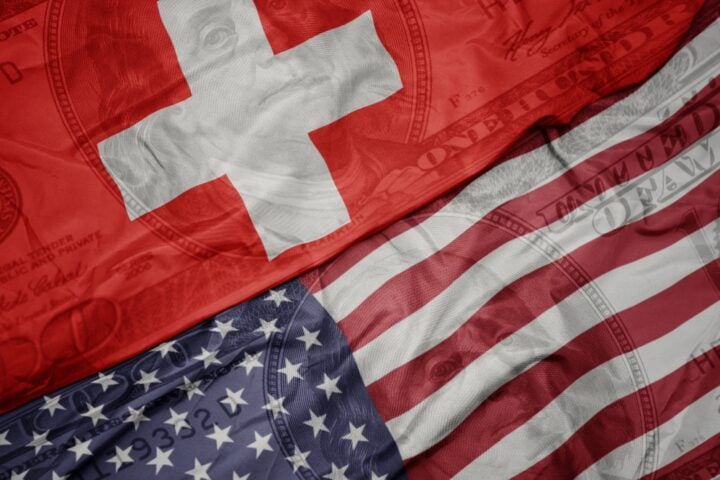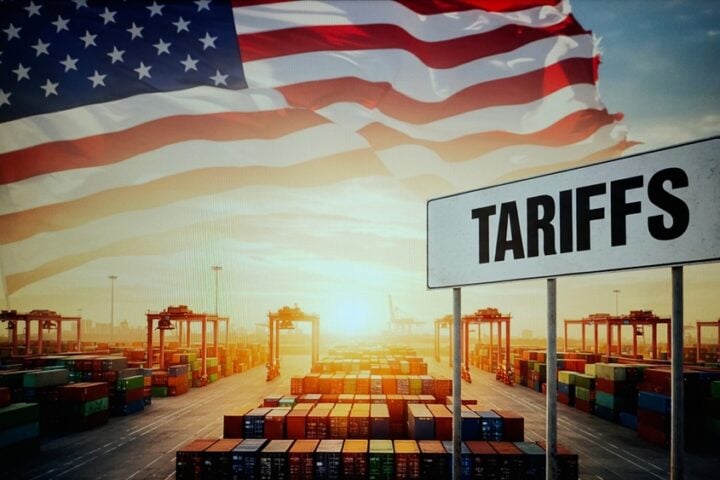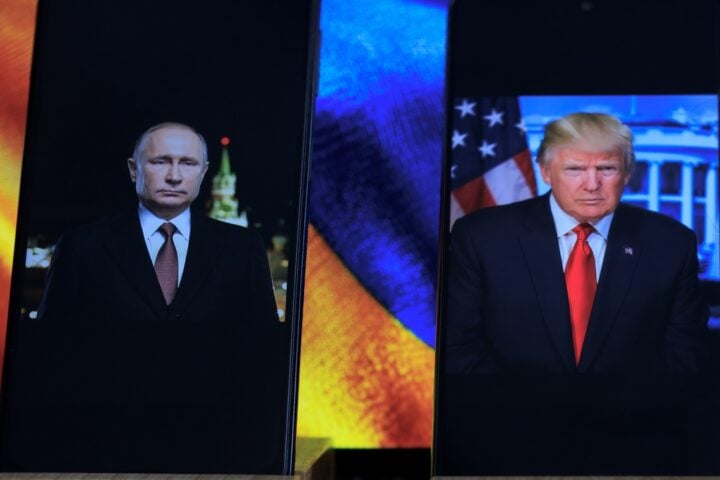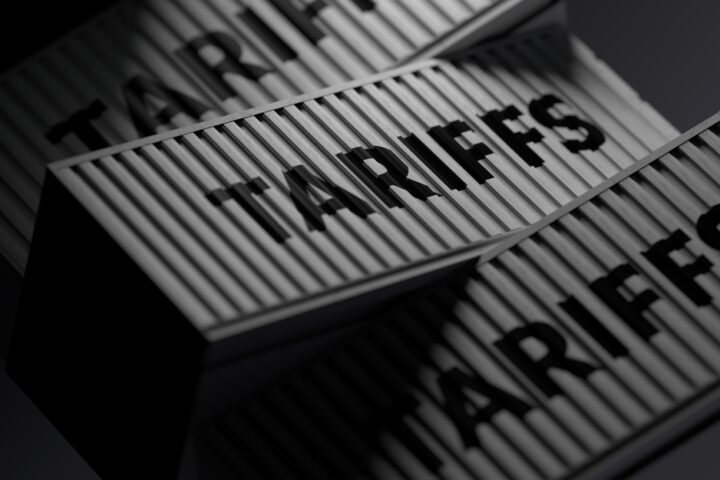South Korea plunged into political chaos after President Yoon Suk Yeol declared martial law late Tuesday night, only to rescind it hours later amid fierce backlash. The unprecedented move has left the nation grappling with uncertainty as impeachment efforts gain traction and questions arise about Yoon’s leadership in one of Asia’s most important democracies.
The Declaration of Martial Law
The turmoil began with Yoon’s unannounced televised address at 10:30 p.m. local time. He accused the opposition Democratic Party, which holds a parliamentary majority, of “anti-state activities” and alleged ties to North Korea. The declaration granted the military sweeping powers, banning protests, rallies, and political activities while citing a need to protect “free democracy.”
The announcement sent shockwaves through the nation, prompting an immediate outcry. Martial law, a stark reminder of South Korea’s authoritarian past, was seen as an extraordinary measure in a nation now celebrated for its robust democracy.
Political Unity Against the Decree
Within hours, lawmakers stormed the parliament building, pushing past soldiers stationed to block access. In a rare moment of bipartisan agreement, members of parliament convened an emergency session and unanimously voted to block the decree. Yoon was legally compelled to comply and lifted the martial law order by 4:30 a.m.
Even members of Yoon’s own party criticized the decision. The party chief issued a public apology and demanded an explanation from the president. Yoon’s cabinet formally voted to lift the decree, but the president doubled down on accusations against the opposition, urging lawmakers to end “legislative manipulation.”
The Root of Political Paralysis
South Korea has faced months of political gridlock, with Yoon’s conservative government clashing repeatedly with the liberal opposition. Since taking office in 2022, Yoon has struggled to implement key policies due to the opposition’s parliamentary majority. Efforts to pass tax cuts and ease business regulations have stalled, while opposition parties have targeted figures in Yoon’s administration for impeachment.
Adding to the tensions are allegations against Yoon’s wife, who has faced accusations of stock manipulation—a scandal the presidential office has denied. Critics say Yoon’s frustrations over these challenges contributed to his extreme decision to impose martial law.
National and Global Reaction
The martial law announcement sparked outrage across the country. Protesters gathered outside parliament, some risking arrest to denounce Yoon’s actions. Signs calling for his impeachment were seen alongside chants warning against a return to authoritarian rule. Television footage captured clashes between lawmakers and soldiers before troops withdrew.
The international community also reacted swiftly. The United States, a close ally of South Korea, expressed “grave concern” over the martial law declaration and relief when it was lifted. Washington reaffirmed the importance of democracy to its alliance with South Korea, a critical partner in maintaining regional stability against threats from North Korea and China.
What Comes Next?
The political fallout is just beginning. Six opposition parties have already submitted a bill to impeach Yoon, with a vote expected within days. If the motion passes with a two-thirds majority in parliament, the Constitutional Court will determine whether to proceed. During the court’s deliberations, Yoon would be suspended from office.
Yoon’s chief of staff and several senior officials have resigned in the wake of the debacle. The head of Yoon’s own party has called for the dismissal of the defense minister, who recommended martial law. Meanwhile, labor unions have announced an indefinite general strike until Yoon steps down.
A Rare and Troubling Moment in South Korea’s Democracy
Martial law is virtually unheard of in modern South Korea, a nation that emerged from decades of military rule to become a thriving democracy by the late 1980s. Its political culture has since been defined by free speech, regular protests, and peaceful transitions of power.
However, the country’s history of authoritarianism looms large. Protests in the 1980s, marked by violent military crackdowns, remain a vivid memory for many. This historical context fueled the immediate backlash against Yoon’s actions, with demonstrators vowing never to return to dictatorial rule.
South Korea’s vibrant democracy has weathered many challenges, but the events of this week mark a critical moment. As the nation braces for the next chapter in this unfolding political drama, the stakes for its democratic institutions and leadership remain high.



